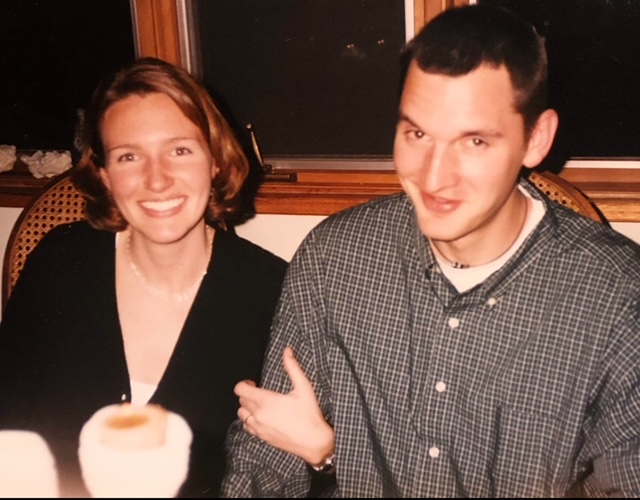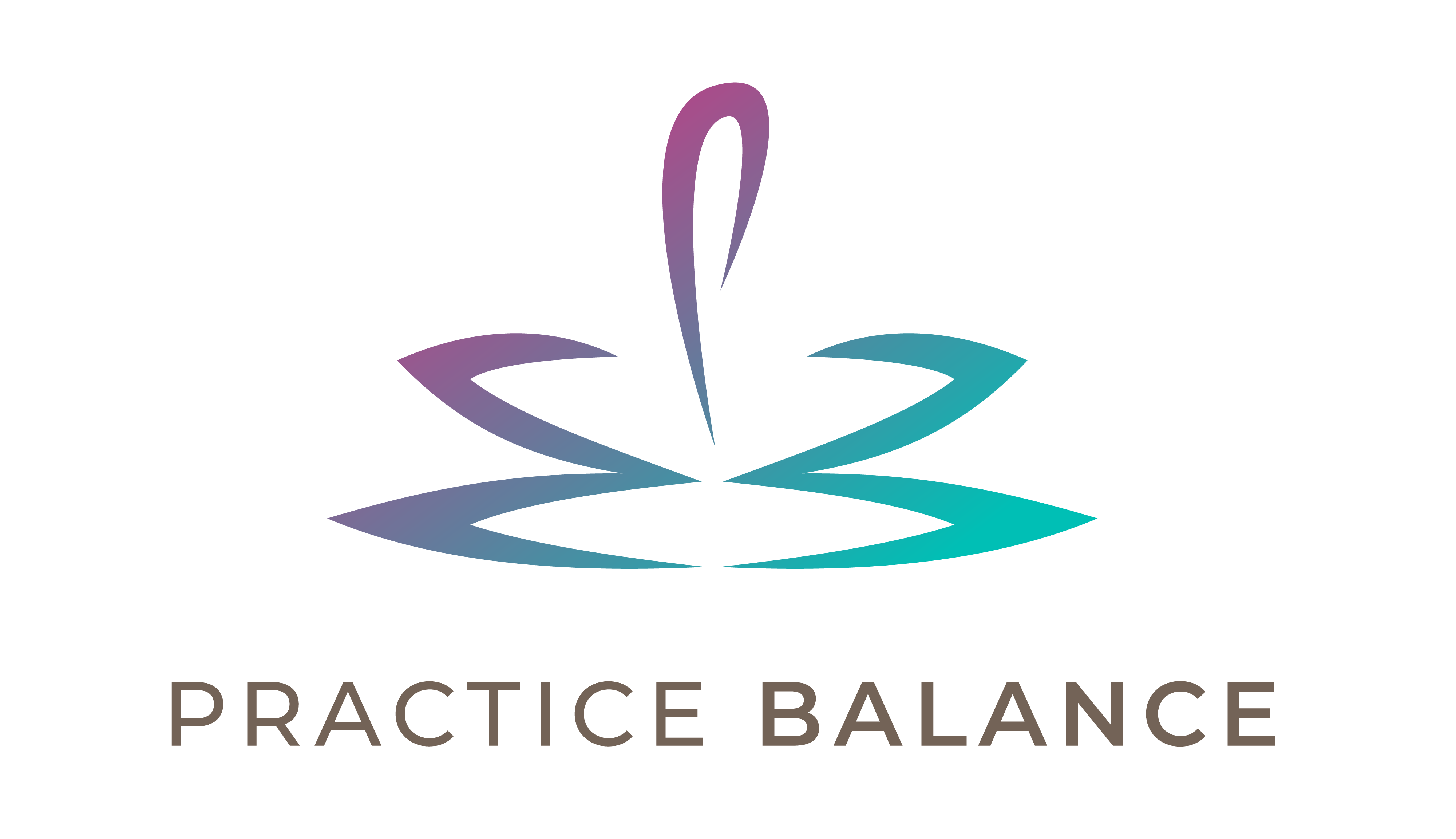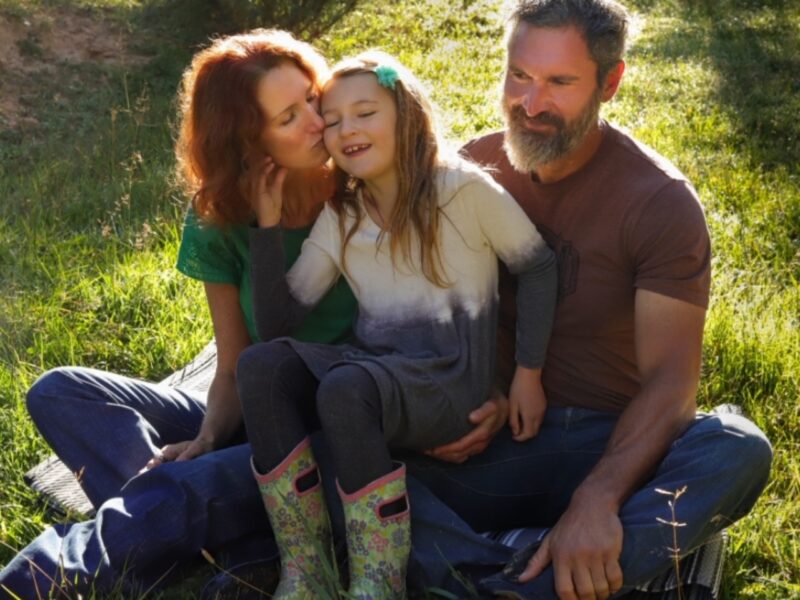(If you’d rather listen to this post as a podcast, scroll to the bottom of the page!)
There’s a great quote by Naval Ravikant: “A fit body, a calm mind, a house full of love… these things cannot be bought; they must be earned.”
This past week, my husband and I had our 25th anniversary. That’s a long time to be married! The modern statistics say roughly half of first marriages end in divorce, and the number is shockingly higher for second marriages. Turning 50 this year and celebrating my 25th anniversary have left me feeling very grateful and reflective.
But none of it is easy. Just like many great things in life, a marriage takes a lot of work… but it’s so worth it.
I’d like to share 5 concepts that I think have helped us weather the storms of a long relationship and get to the point where we are today. I think you’ll find these different than your average “go on regular dates” and “keep up the communication” advice.

Accept that your relationship does not have to look like others.
Not the ones in movies, not those of your parents, your siblings, or your friends. In the early part of our relationship and our marriage, I had a hard time with this. When we started dating we were only 19, and I had a media-shaped idea in my head of what a good relationship looked like. I had also rarely seen my parents fight. Later, I realized they must have hid any big fights from us. Subsequently, I thought that a good relationship was one with no arguments and the man buying lots of gifts for the woman, etc.
Reality set in as my then-boyfriend and I had frequent disagreements. Over time, we learned how to argue in a healthy way, but part of our longevity can be attributed to me letting go of this idea that arguments meant “our relationship is doomed”.
In addition, we don’t tend to go on traditional dates. Living a life on a rural homestead means it definitely doesn’t fit with our lifestyle. We went on plenty of dates in the early years, but as our dates dwindled, it used to bug me. I would say, “We need to go on a date!” Then I’d remember that we spend quite a bit more time together than the average couple, we spent years climbing, snowboarding, hiking and doing other activities together… why do those not count? Spending quality time doesn’t have to mean getting dressed up and going out to dinner. If that’s what you like to spend your time doing, that’s fine, but if you spend time doing lots of other activities together, your “dates” will look different.
Don’t keep score.
A marriage is not a 50/50 arrangement; it’s so much more dynamic than that. Early on in our relationship, as a young feminist woman, I had an idea that things should be 50/50. But over time, I realized this is not realistic at all. It cost me hours of my life living in resentment. (They say resentment is like taking the poison and expecting the other person to die). What I’ve realized is that the 50/50 thing is really more like 100/100. Sometimes, one partner will go through an intense period – school, training, or a difficult time at work – while the other is not. During that time, maybe the other person steps up and does more of the household chores. Then it flips.
This happened for us during my residency; things shifted from me always cooking dinner to him making dinners for me. If you each are mindful of your personal goals and tasks, and your household has goals and tasks, then you give your all as needed. Since we’ve had a kid and are also a family where one parent (me) is gone sometimes for days at a time for work, our division of labor is very fluid. When I’m home, I do a lot more of the homeschooling, daily parenting, household chores, and the like. Then it’s all on him when I’m gone. Accepting the 100/100 idea is really key for not having resentment.
Learn your partner’s love language.
I’ve used the Five Love Languages framework in talks on self-knowledge, articles, and coaching sessions, but I’ve gained a lot of insight out of it personally too. The 5 love languages are words of affirmation, quality time, physical touch, acts of service, and giving/receiving gifts. I’m a words of affirmation person; it’s very clear. I’ve always loved words and writing. I loved getting and giving cards. I had pen pals and even wrote love letters to a boyfriend in high school. Of course, we are biased to think that our “love language” is everyone else’s love language! This is certainly not the case.
When my husband and I took the quiz, I had a major revelation when his turned up as Acts of Service. All of a sudden, some things that baffled me made sense. He had always begrudgingly given me cards, but didn’t really care about them. I knew he felt they were pointless. But he would often ask me to do things like get him a drink or bring him something. I’d be like “Get your own damn drink!” Then I realized it’s his love language. So I started trying to do the little things more often without complaining.
When I was very sick and in the hospital after brain surgery during my residency, I remember him frequently coming and going to make sure things were ok at the house. Is the lawn ok, is the dog ok, are the packages picked up off the porch, etc. My parents were there, and they were like, “What is he doing? Why is he not sitting here holding your hand?” I knew why. I knew he was expressing love in his love language. There may be a crucial moment in your life when this info could really help you out, so I encourage everyone to take the quiz.
In order to be a good partner to someone else, you need to know deeply that you are worthy of love.
You are worthy of love from yourself and from your partner. For a long time, I had insecurities based out of a lack of self-love. When you don’t fully love yourself and accept yourself, you end up with this background thought of, “When is this person going to screw me over?” It’s sad to say, but it’s true. I was also scared to talk to my husband about anything I thought he would react negatively to. It took a major health crisis and staring my own mortality in the face to finally gain my own self-compassion.
When you give in to self-acceptance and compassion, you will also gain the confidence to communicate with your partner. To have the difficult conversations. Please. If you don’t love yourself, do some inner work on self-compassion. Make sure to check out the free resources offered by self-compassion expert Kristin Neff.
You must first do the work on yourself if you want to be a good partner.
Expecting another person to meet your needs will at times leave you with unmet expectations – a recipe for resentment. You have no control over another person’s thoughts, feelings, and actions. But you do have that within yourself. Over the 25+ years I have been with my husband, I have definitely been a work in progress. Luckily he stuck with me through all my insecurities and learning moments. It’s only been in the last 10-15 years, with a big inflection point around the time I got very sick, that I’ve really done a lot of work on myself – through consuming personal development resources, practicing mindfulness, spending time by myself in stillness or reflection, and coaching (self coaching and with others). It has caused a noticeable shift to me and to him.
I think these five concepts have really contributed to the longevity of my marriage. Note that they are all things YOU can work on – they do not require another person to do anything (except to maybe take a 10-minute love language quiz).
What do you think? What makes for a long, fulfilling relationship? Let me know your thoughts by leaving a comment below!



 Lean Out Podcast: Authenticity with Tracey O’Connell
Lean Out Podcast: Authenticity with Tracey O’Connell
